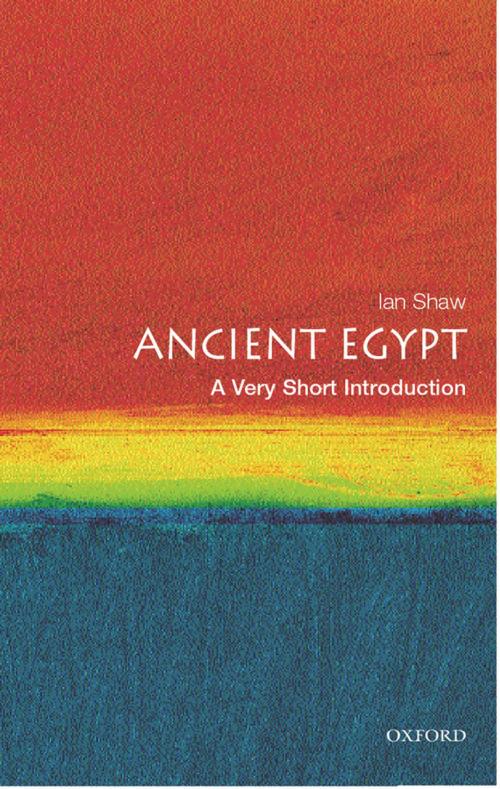| Author: | Ian Shaw | ISBN: | 9780191578403 |
| Publisher: | OUP Oxford | Publication: | July 22, 2004 |
| Imprint: | OUP Oxford | Language: | English |
| Author: | Ian Shaw |
| ISBN: | 9780191578403 |
| Publisher: | OUP Oxford |
| Publication: | July 22, 2004 |
| Imprint: | OUP Oxford |
| Language: | English |
The ancient Egyptians are an enduring source of fascination - mummies and pyramids, curses and rituals have captured the imagination of generations. We all have a mental picture of ancient Egypt, but is it the right one? How much do we really know about this great civilization? In this absorbing introduction, Ian Shaw describes how our current ideas about Egypt are based not only on the thrilling discoveries made by early Egyptologists but also on fascinating new kinds of evidence produced by modern scientific and linguistic analyses. He also explores the changing influences on our responses to these finds, through such media as literature, cinema and contemporary art. Each chapter deals with a different aspect of ancient Egypt, from despotic pharaohs to dismembered bodies, and from hieroglyphs to animal-headed gods. ABOUT THE SERIES: The Very Short Introductions series from Oxford University Press contains hundreds of titles in almost every subject area. These pocket-sized books are the perfect way to get ahead in a new subject quickly. Our expert authors combine facts, analysis, perspective, new ideas, and enthusiasm to make interesting and challenging topics highly readable.
The ancient Egyptians are an enduring source of fascination - mummies and pyramids, curses and rituals have captured the imagination of generations. We all have a mental picture of ancient Egypt, but is it the right one? How much do we really know about this great civilization? In this absorbing introduction, Ian Shaw describes how our current ideas about Egypt are based not only on the thrilling discoveries made by early Egyptologists but also on fascinating new kinds of evidence produced by modern scientific and linguistic analyses. He also explores the changing influences on our responses to these finds, through such media as literature, cinema and contemporary art. Each chapter deals with a different aspect of ancient Egypt, from despotic pharaohs to dismembered bodies, and from hieroglyphs to animal-headed gods. ABOUT THE SERIES: The Very Short Introductions series from Oxford University Press contains hundreds of titles in almost every subject area. These pocket-sized books are the perfect way to get ahead in a new subject quickly. Our expert authors combine facts, analysis, perspective, new ideas, and enthusiasm to make interesting and challenging topics highly readable.















